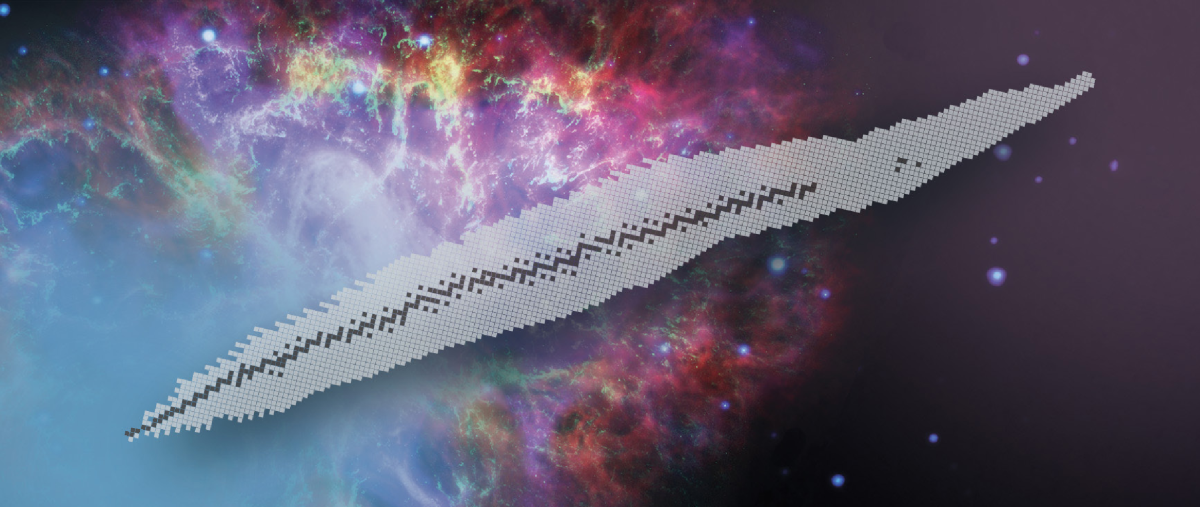RÉactions, Structure et Astrophysique Nucléaire: Experiences et Théories (RESANET)
Fundamental nuclear physics is concerned with the quantum and statistical properties of the atomic nucleus and with fundamental symmetries. It is a field of investigation of the N-body problem and of effective approaches and is naturally enriched by the studies that are carried out with accelerators. It is also linked to many disciplines since it shares the theoretical concepts of condensed matter, atomic physics and quantum chemistry. It also allows to interpret signals from the universe to understand the origin of nuclei, violent astrophysical processes such as novae, kilonovae and supernovae, and compact stars such as neutron stars.
In this context, the GDR RESANET (Reactions, Structure and Nuclear Astrophysics: Experiences and Theories) will propose and encourage meetings of the nuclear physics community to exchange about scientific and technical activities and establish roadmaps for the coming years. It will also be used to educate student, broaden the fields of research of senior scientists, reinforce synergies and our place on the international scientific scene, communicate our plans to funding agencies as well as our most important discoveries to a broad audience. The covered scientific items encompass multiple facets of nuclear physics (and their related instrumentations and analysis techniques), such as shell structure evolution, soft and giant collective modes, nuclear astrophysics, nuclear decays and fission, physics at the drip-lines, the equation of state of nuclear matter, fundamental symmetries, to quote a few.
